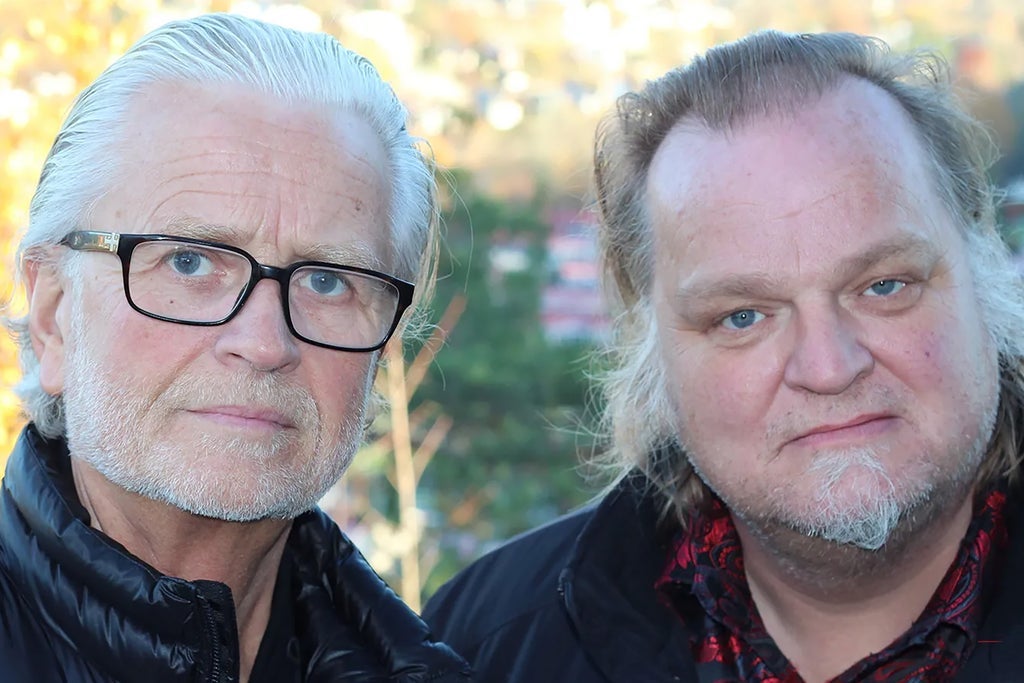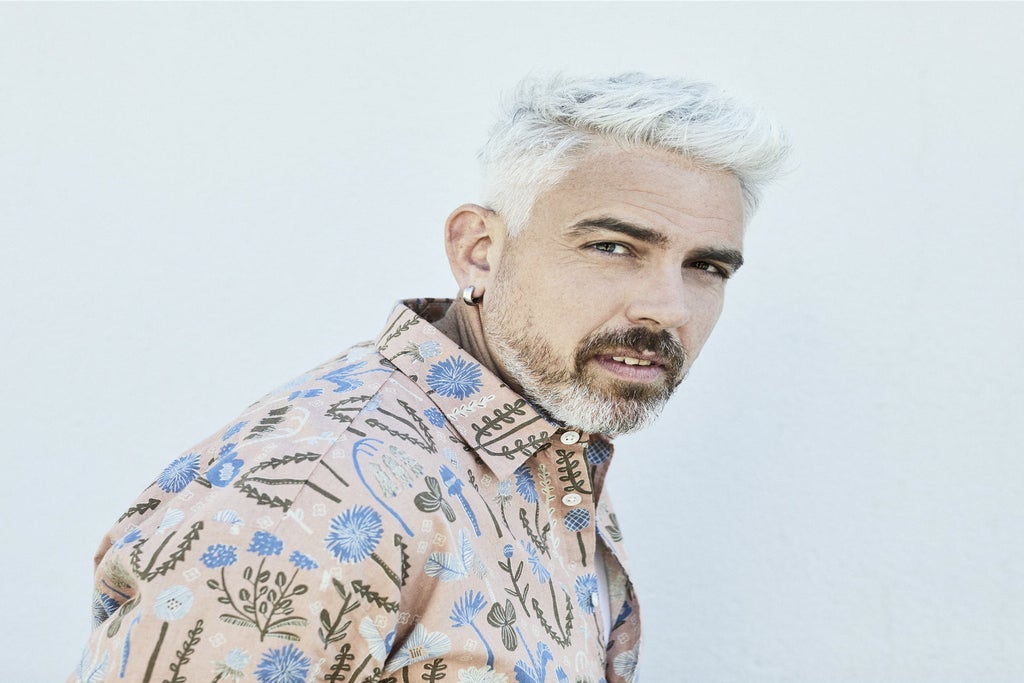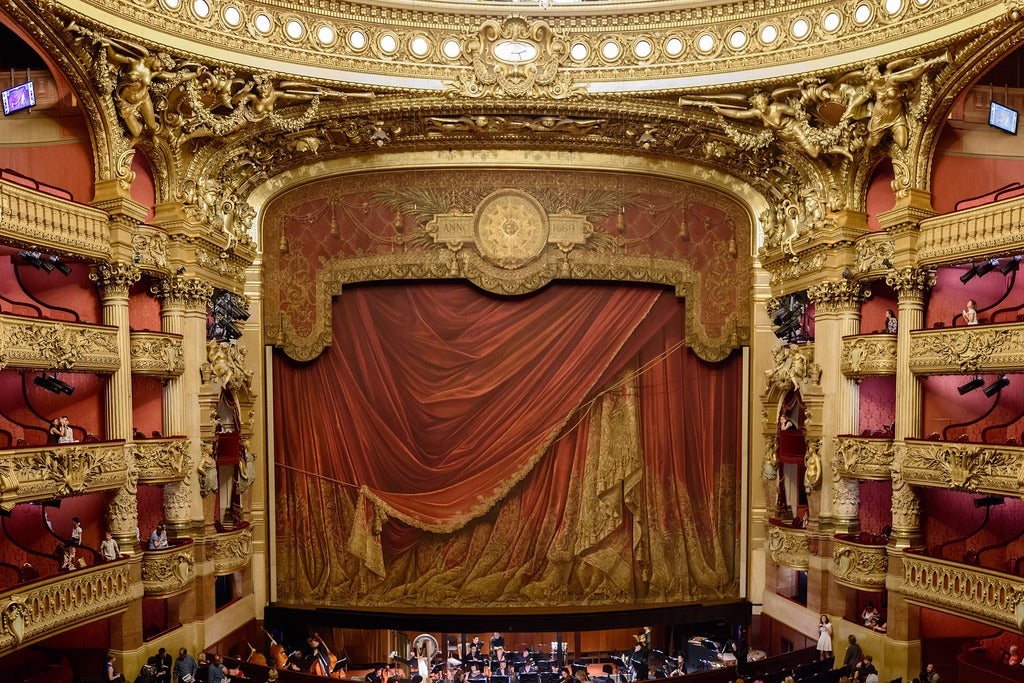When he adapted Romeo and Juliette, the librettist Felice Romani chose to go back in time past Shakespeare, to the Italian origins of the legend. He tightened the storyline, editing out Mercutio, the nurse, the moonlight and the nightingale... The drama becomes more sombre: the quarrel between the two families a veritable feud. The lovers’ first encounter is pushed off stage and the final reconciliation becomes impossible. In the very title that Bellini retained, the names Capulet and Montague eclipse those of Romeo and Juliette, just as the conflict poisons their love. But the opera also revives a scene that Shakespeare had omitted: when Juliette – whom Romeo believes to be dead– wakes up in the tomb, the two lovers are able to exchange words before falling into eternal slumber. And, for a moment, the music of these lives, which cross and intertwine, illuminates the world with an overwhelmingly moving light. Under the baton of Bruno Campanella, Ekaterina Siurina and Karine Deshayes lend their voices to the lovers themselves embraced by Bellini’s intensely dramatic music.
Cast and Creative team for I Capuleti e i Montecchi at Opéra national de Paris - Opéra Bastille
Robert Carsen Stage director
Michael Levine Sets and costumes
Davy Cunningham Lighting
Alessandro di Stefano Chorus master
Paul Gay Capellio
Ekaterina Siurina Giulietta
Karine Deshayes Romeo
Charles Castronovo Tebaldo
Nahuel di Pierro Lorenzo
Videos

|
BENCHED
Rødovre Teaterforening - Viften (3/13 - 3/13) | |

|
Kleive & Reiersrud
Flekkefjord Kirke (4/26 - 4/26) | |

|
Dödlig Duett 1931
Aspenäs Herrgård (10/4 - 11/15) | |

|
Velká muzikálová show
O2 universum (10/7 - 10/7) | |

|
AVATAR: THE LAST AIRBENDER IN CONCERT
Oslo Spektrum (3/18 - 3/18) | |

|
TRYGVE SKAUG-#alltidpåtour
Brygga Kultursal (3/14 - 3/14) | |

|
ROMEO ET JULIETTE
LA COUPOLE (4/4 - 4/4) | |
| VIEW SHOWS ADD A SHOW | ||
Recommended For You


